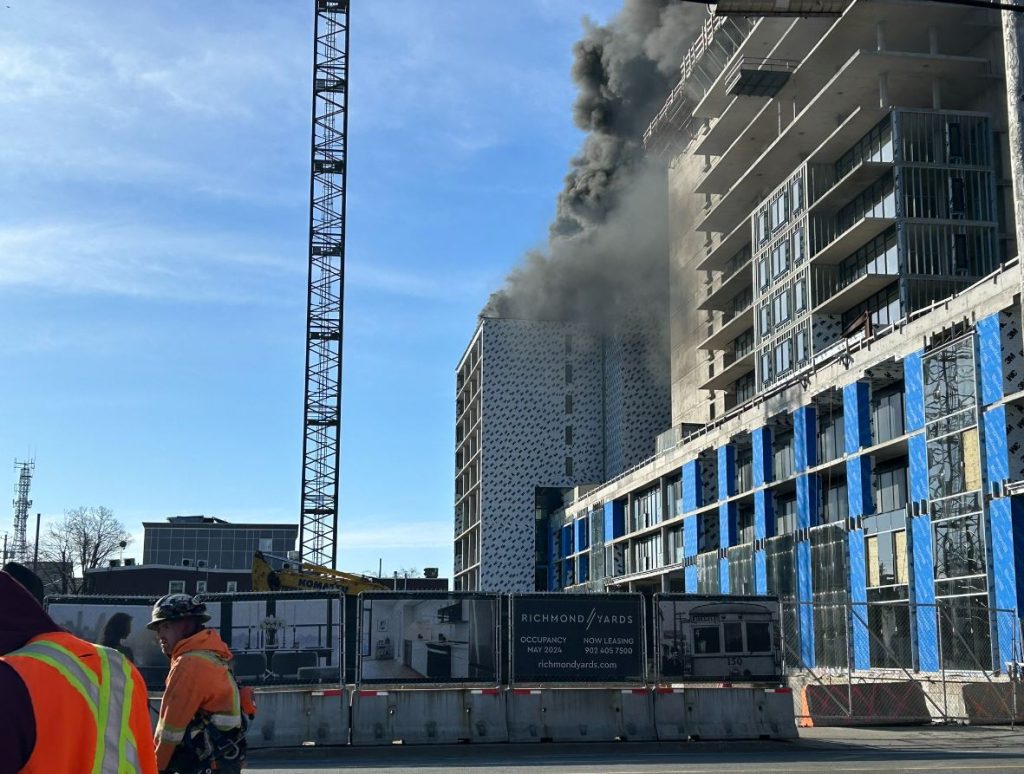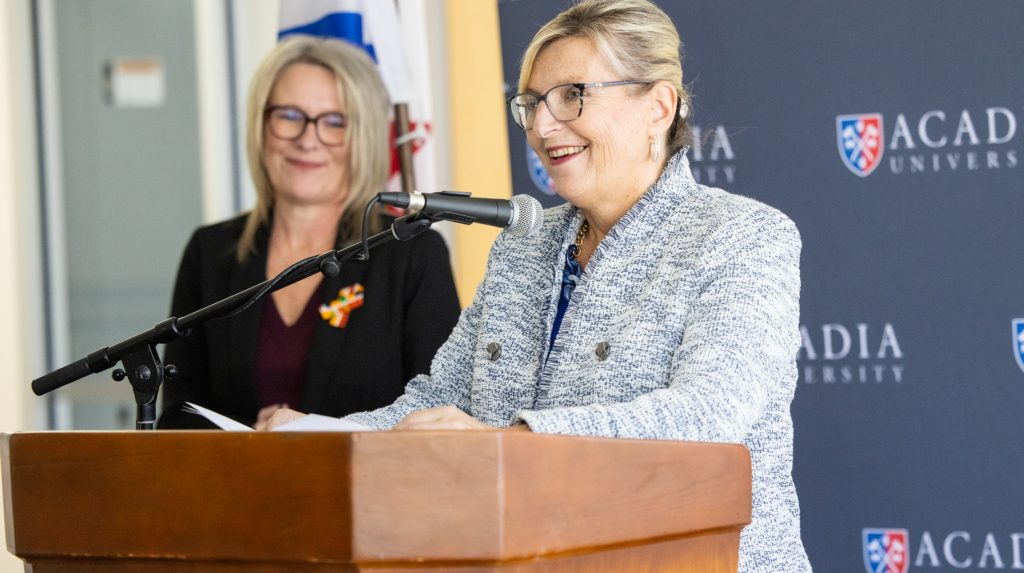‘L.A. Complex’ creator has high hopes for Season 2 despite ratings struggles
Posted Jul 16, 2012 04:27:04 PM.
This article is more than 5 years old.
TORONTO – The sudsy Canadian dramedy “The L.A. Complex” made its U.S. debut earlier this year riding a warm wave of network support, advance buzz and critical goodwill. What happened next was a Hollywood worst-case scenario worthy of one of the show’s ruefully funny storylines.
The show tanked. Actually, tanked might be putting it mildly. In fact, Entertainment Weekly noted in a widely regurgitated blog post that the show’s inaugural bow was the lowest-rated broadcast drama debut of all time.
Producers might have expected some tittering tweets about the show’s provocative sex and drug use or its winning collection of crooked characters — a group of hopeful actors, dancers and comedians who share space in a downtrodden but festive apartment complex — but instead the narrative became exclusively focused on a discussion of the ratings, and exactly how historically horrible they were.
Given that the series is about the limitless desperation of Hollywood hopefuls, one might have expected the creative minds behind the show to plot major, attention-grabbing changes when the show returns for a 13-episode second season Tuesday on MuchMusic and the CW. But creator Martin Gero won’t do that — he still believes that “L.A. Complex” can translate to a wide enough audience to bring the show its Hollywood ending.
“We’re making the show that we made last year — I think it’s just better, it’s more confident, it looks a lot better,” Gero said in a telephone interview Monday.
“I feel so fortunate that we’ve been given this opportunity to have people find the show again…. People forget that just a day (before the premiere), we’re talking about how it’s one of the best shows of that season, and then it starts turning into a discussion of ratings, and that becomes the story….
“The focus is kind of a bummer because I think everyone feels like we’re making a really good show.”
Yet even amid the headline-grabbing ratings misery of the show’s first season, there were enough encouraging signs to help explain why the CW followed MuchMusic in ordering another set of episodes.
For one thing, more viewers actually tuned in Stateside to a rerun of the show’s premiere that aired one night later, indicating that the show either benefited from strong word of mouth or was wounded by steep competition the first time around — or both.
And then, there’s the enthusiastic response from critics. According to the review aggregator Metacritic.com, “The L.A. Complex” was one of the top five best-reviewed new series of the 2011-12 TV season, besting such bona fide hits as “New Girl,” “Revenge” and “Suburgatory.” The reception from scribes seemed to only grow warmer as audiences cooled on the series, with a representative write-up from Slate.com announcing: “Surprise! The lowest-rated show in broadcast history is actually great.”
Canadian-reared actor Alan Thicke was certainly aware of the show’s ratings rep, and it didn’t discourage him from signing on for a four-episode season-two arc as the star and producer of an ecclesiastical show-within-a-show called “Saying Grace.”
“I’ve been around the ratings game long enough to know that you have to be a little analytical and see what else is going on,” the former “Growing Pains” star said in an interview Monday.
“This show in its first run was on against the finales of every competition show in America. It was on against the finales of ‘Dancing with the Stars’ and ‘The Voice’ and ‘American Idol,’ you know? It was like, this is the War of 1812 — you could burn down the White House and still have to go home.
“It did however get excellent reviews, unanimously good reviews in the States,” continued the Kirkland, Ont., native. “So there was plenty to be proud of, and obviously something to build on.
“Hopefully in this relaunch it’ll get another look, you know. And it’ll probably end up against the fricking Olympics.”
The curious thing is that “The L.A. Complex” would seem to have the components of a hit, at least by the relatively lower standards of the CW or MuchMusic.
It’s a boundary-baiting drama that deals with sex, drugs and all manner of egregiously irresponsible activity with consistently refreshing frankness. As Thicke succinctly put it in summing up his interest in the program, “all the people are young and attractive and convincing and I thought the show had a great look to it.”
The critics, meanwhile, seemed to respond to the show’s authenticity and wit. In the series’ seedy L.A., any supposed breakthrough achieved by the core group of hopefuls is either undercut by disappointment or comes with strings attached.
This is a world where the series’ most outwardly successful character — Jonathan Patrick Moore’s Connor, an Aussie rising star who lands a major TV role — is also its most auspiciously crumbling wreck, an alcoholic masochist who wraps up the first season by burning down his freshly purchased mansion.
Each of the show’s main characters only seems to be an immediately identifiable TV archetype — Cassie Steele’s plucky ingenue, Chelan Simmons’ free-spirited dancer and Jewel Staite’s bitter, prematurely washed-up has-been, for a few examples — before blossoming into something else entirely. It’s TV drama for viewers well-versed in TV drama, Gero says.
“The archetypes and tropes we’ve all seen before — we endeavour to use them in a funny, clever and fresh way,” he said. “I think what people are responding to is the show’s wit…. We’re going to take those assumptions you’re making and turn them on their ear.”
And while some of the show’s plots eventually veer into the outlandish, Gero says the vast majority of those stories are culled — frighteningly enough — from real life.
“Every year that pot is, unfortunately, replenished by hearing stories about people being desperate in Los Angeles,” Gero laughs. “Even if you are successful, that desperation unfortunately in this industry doesn’t go away.”
While Gero believes in his show, he does understand why it’s drawn such poor ratings.
“It struggles from having a not-great log line — the whole, ‘bunch of twenty-somethings living in L.A.,’ I don’t know that I’d run out to see it, much like I was an idiot who didn’t watch ‘Friday Night Lights’ for the first three years because I thought it was just about high-school football,” he said.
“(And) for Canadians at least, I don’t think a lot of adults are necessarily cool with watching something on Much — like they see that it’s on Much and they figure, ‘Oh, it must not be for me.'”
He blames himself, too.
“When you start watching (the pilot), you’re like: this is just another teen piece of (crap) that I don’t ever have to see,” he added, noting that the show’s subversiveness wasn’t immediately clear.
“If I was not involved in the show, it would take someone telling me: ‘Look, this is a great show,’ and unfortunately it’s super arrogant when I do it.”
Still, just like the bent-but-not-broken denizens of the show’s home-base apartment block, Gero remains hopeful that “The L.A. Complex” can turn things around. It just needed another opportunity.
“Shows can grow,” he said. “Certainly, we have nowhere to go but up.”










